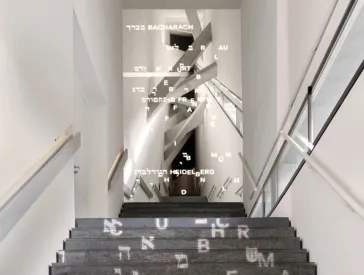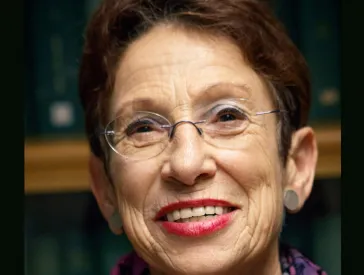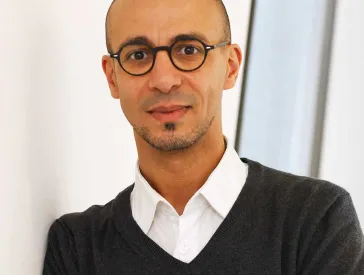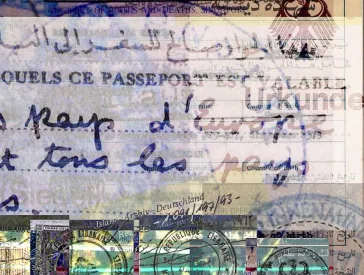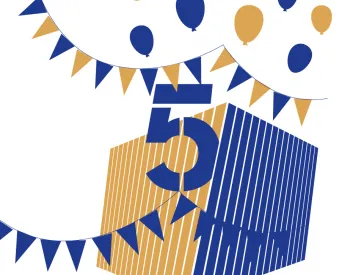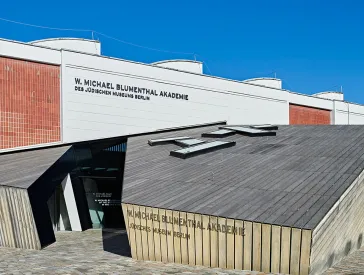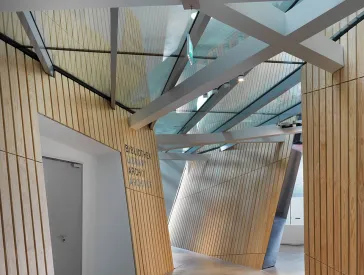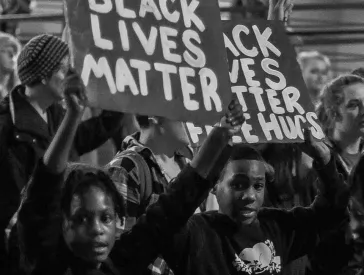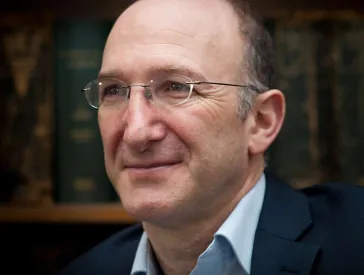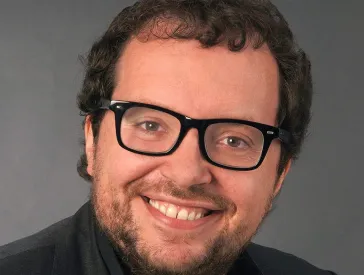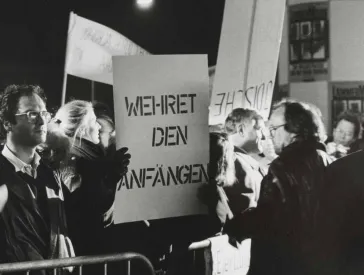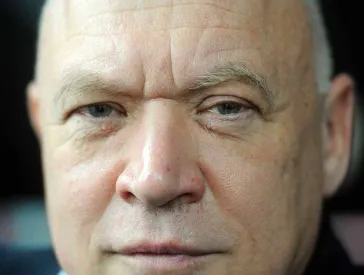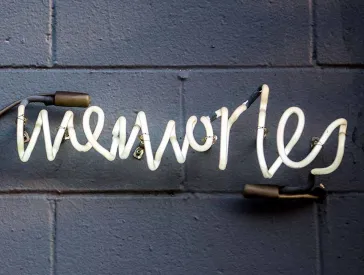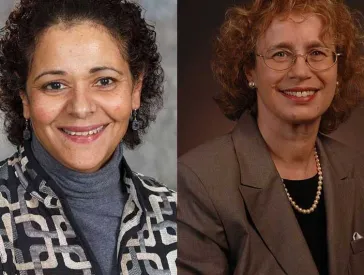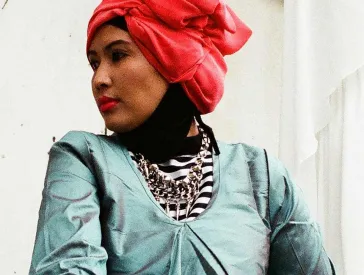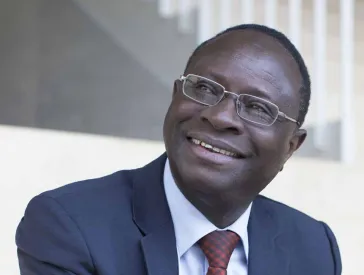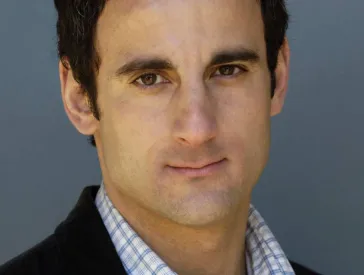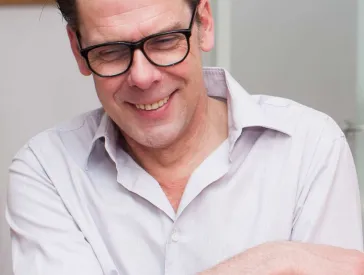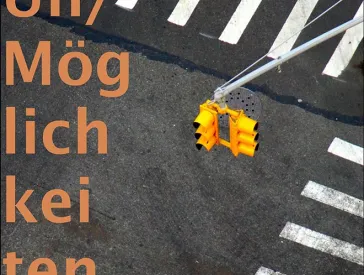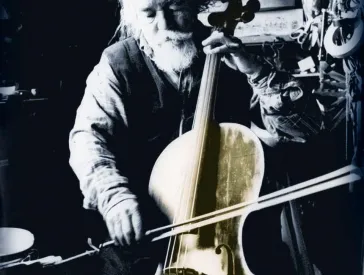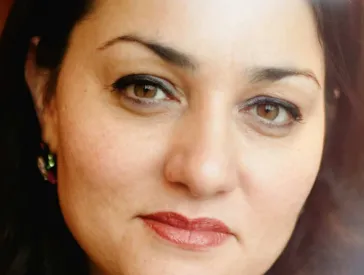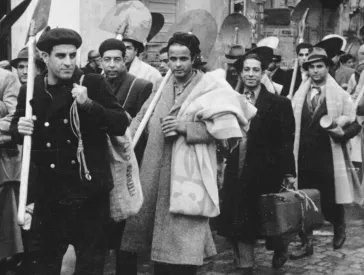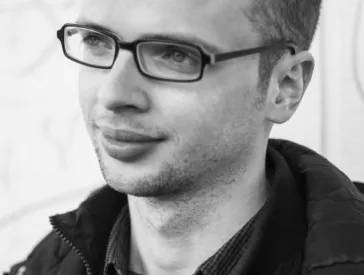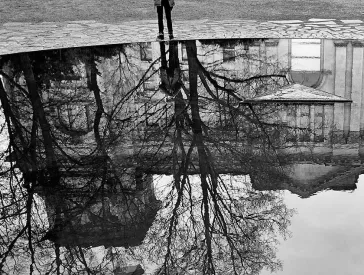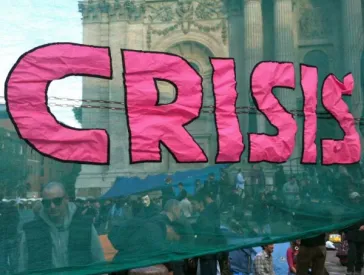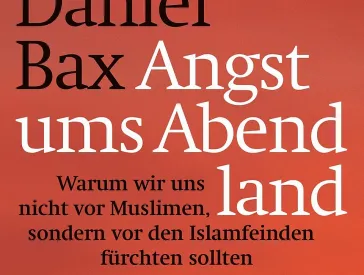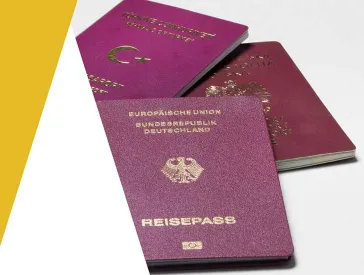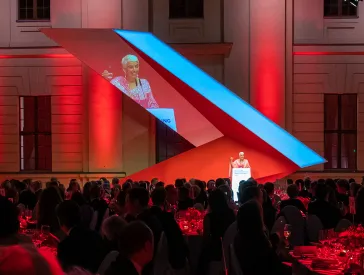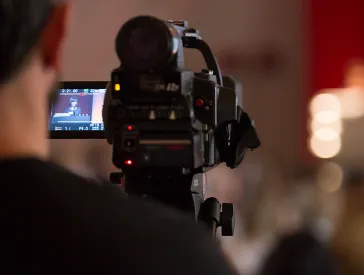Im/Possibilities
Perspectives on Refugee Participation
Conference (audio recording available, in German and English)
Given the discourse on flight, migration and refugees in Europe and Germany, the conference is dedicated to discussing what opportunities people have to participate in a plural society. Against what historical and political backdrop are the current debates on flight and migration taking place? How are borders of belonging negotiated and how are these reflected not only in the opportunities but also in the limitations of refugees’ participation? What strategies are required in order to facilitate social, political and cultural participation? And, last but not least, what expectations do refugees themselves place on participation?
recording available
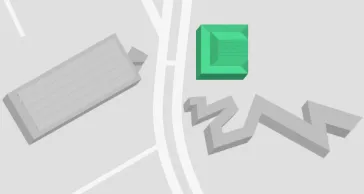
Where
Old Building, level 2, Great Hall
Lindenstraße 9–14, 10969 Berlin
The event is the opening of the conference Im/Possibilities. Perspectives on Refugee Participation, a cooperation of the W. Michael Blumenthal Academy of the Jewish Museum Berlin and the Friedrich Ebert Foundation, Forum Berlin.
CC BY-NC 2.0, Victor Jolyot (modified from the original print)
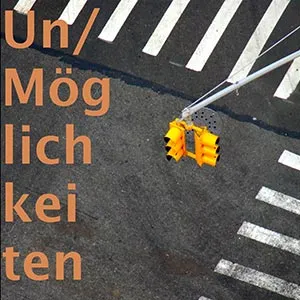
Audio recording of the keynote and panel discussion on 29 March 2017, in German and English; Jewish Museum Berlin 2017
Opening Event: Keynote and Panel Discussion
Abstract Keynote
“The Current Crisis of Europe: Refugees, Colonialism, and the Limits of Cosmopolitanism” by Gurminder K Bhambra
“Cosmopolitan Europe,” that normative commitment that undergirds the project of union, is under threat as never before. This is manifest perhaps most prominently in Europe’s collective failure to respond to the crisis for refugees. As people flee war and destruction, we, in Europe, debate whether now is not the time to give up on our human rights commitments. France is under a state of emergency and the UK in the process of withdrawing from the Union and its associated institutions (including the European Convention on Human Rights). Voices have been raised against the burdens, financial and social, placed upon us by those we see as Other, with the Pope a seemingly lone public voice calling for Europe to remember its traditions of hospitality. In this talk, I discuss the growing distance between the claims and practice of European cosmopolitanism, its roots in our shared colonial past, and the implications for the future.
Gurminder K Bhambra
Gurminder K Bhambra is Professor of Sociology at the University of Warwick, UK, and also Guest Professor of Sociology and History at Concurrences Centre for Colonial and Postcolonial Studies at Linnaeus University, Sweden. She is author of Rethinking Modernity (Palgrave) and Connected Sociologies (Bloomsbury). She writes on historical sociology, citizenship, and the continuing legacies of colonial modernity.
Conference Program
Wednesday, 29 March 2017
Where: Jewish Museum Berlin, Lindenstr. 9 – 14,10969 Berlin, Old Building, level 2, Great Hall
| 7 pm |
Words of welcomeSerpil Polat, Academy Programs, Jewish Museum Berlin |
|---|---|
| 7.15 pm |
Keynote speech
|
| 7.45 pm |
Panel discussion
|
| 9 pm |
Conclusion of day with reception |
Conference Program
Im/Possibilities. Perspectives on Refugee Participation
Download (PDF / 200.41 KB / in English)Thursday, 30 March 2017
Where: Friedrich-Ebert-Stiftung, Hiroshimastraße 17, Haus 1, 10785 Berlin
| 10.30 am |
Words of welcomeFelix Eikenberg, Friedrich-Ebert-Stiftung, Forum Berlin |
|---|---|
| 10.45 am |
Round table
|
| 11.30 am |
Small group talks and discussion in the plenary session |
| 12.15 pm |
Lunch break |
| 1.15 pm |
Parallel forumsForum 1
|
| 3.15 pm |
Coffee break |
| 3.45 pm |
What exactly is integration?Firas Alshater, comedian and author |
| 4 pm |
Closing fishbowl
|
| 5 pm |
Close |
Academy Programs: Past Events for You to Listen To and Watch 2011–2019 (40)
